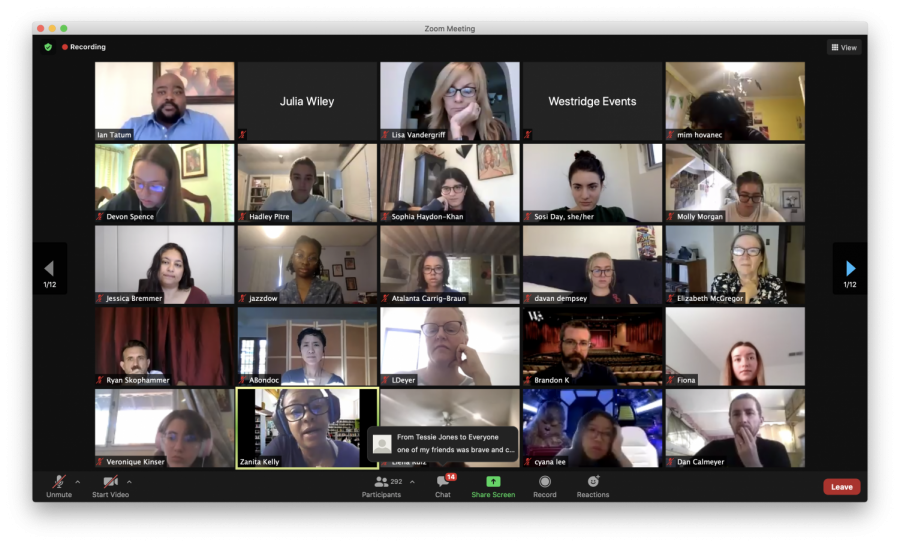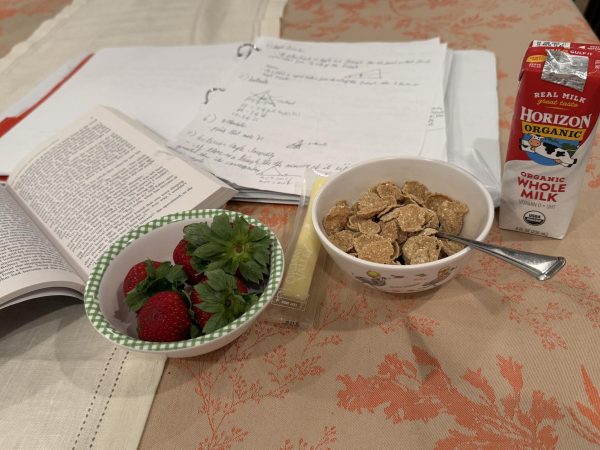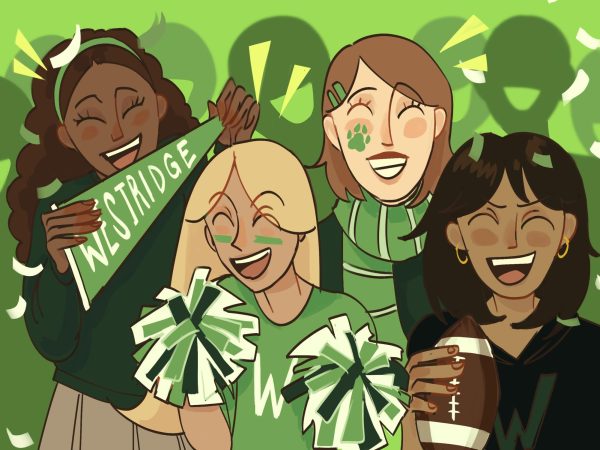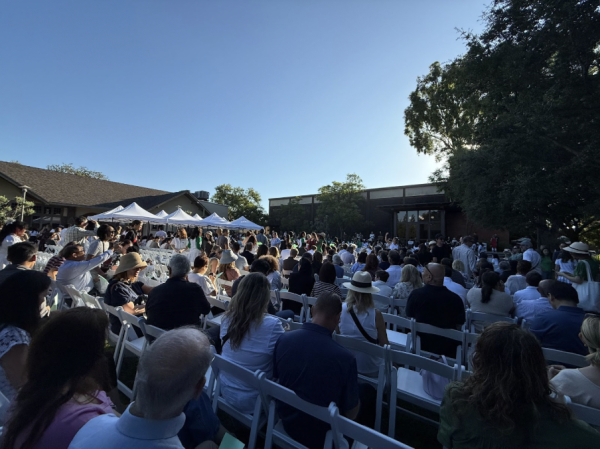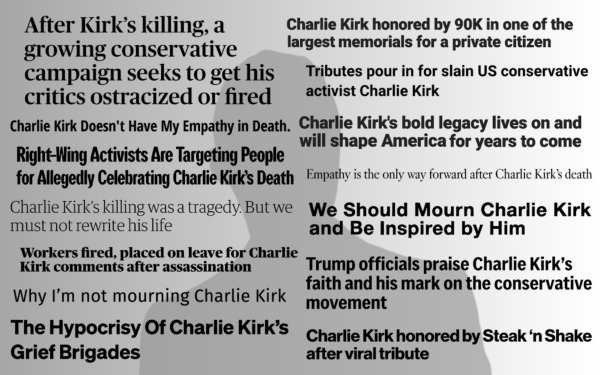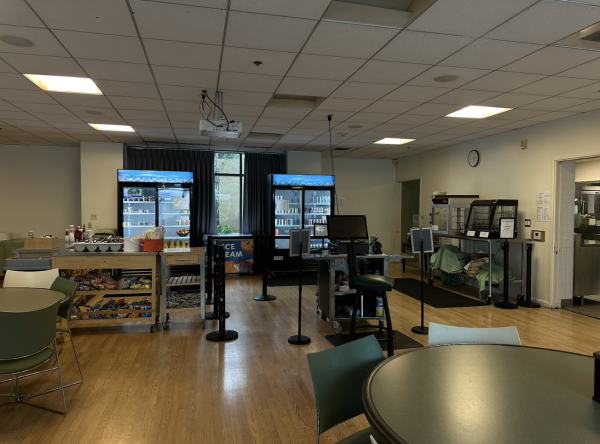Westridge Microaggressions Assembly Reveals Need for More Safe Places
Westridge Microaggressions Assembly on Zoom
On October 14, Westridge faculty, staff, and students gathered remotely for the “Let’s Talk – Microaggressions” assembly. Lower, Middle and Upper school came together to discuss how students could identify microaggressions and properly address them. Dr. Kelly and guest speaker Ian Tatum, who is currently a Restorative Practices Facilitator and works in various collaborative roles in Urbana School District, Illinois, gave a presentation about the prevalence of microaggressions and opened the conversation for students to share their voices and chat about their experiences with microaggressions.
In the virtual assembly, Ian Tatum explained the importance of providing safe spaces to address microaggressions. “When you give scholars a space to talk about things that matter to them and what they experience internally and when you create a safe space for that to happen, often you will find that people will take advantage of it. People are looking for a space to be able to unpack what they are going through.”
Regina Wei, Human Development Teacher and Co-Dean of Student Voices, explained that because of the large number of students who shared their experiences, Westridge decided to host an optional lunch talk on October 16 to further discuss microaggressions. “Microaggressions can always be talked about more.” Wei feels that creating spaces like the lunch talk will allow students to be more comfortable sharing their experiences.
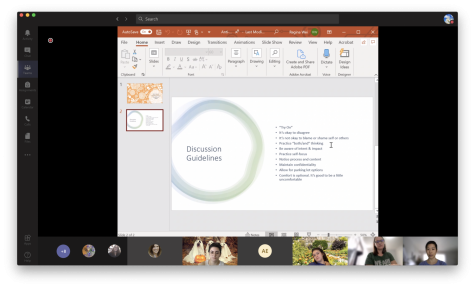
During the lunch talk, some teachers addressed the potential issue of microaggressions in their own classes. Upper School Spanish teacher Vicki Garrett let listeners know that she wants them to call her out if she says anything disrespectful. “My mind has really been on the phenomenon of how even the most well-intentioned people are doing harm without noticing or being aware, and the need to reckon with that and resolve to do better. I think it’s a really important distinction to make because, while it’s easy to point a finger at, judge, punish, or correct overt and intentional racist acts, I’m learning a lot about how we need to recognize and disrupt how racism acts through even ‘good,’ ‘non-racist’ people all the time, often without their awareness.”
Anna K. ‘24 spoke about a couple of her experiences with microaggressions outside of Westridge. “I remember a microaggression that I heard directed towards me. It actually came from an adult that I was taught to respect: my gymnastics coach. I was speaking Spanish at gym practice with my friend because she speaks Spanish, too, and my coach speaks Spanish as well. He was like ‘Wow Anna, do you speak Spanish?’ and I said yes. Then, he started laughing and said, ‘Oh you can’t speak Spanish. You’re Asian.’ I couldn’t say anything because he was my coach, and I probably would’ve gotten in trouble. Even at Westridge, I still don’t think I’d be comfortable letting a teacher or faculty member know if they’ve made me feel bad.”
Some students feel awkward and uncomfortable when talking to teachers about microaggressions. Wei hopes that optional lunch talks will combat the alienation some students feel. “If students feel most comfortable talking with other students, then I would say the affinity group spaces are the perfect place to do that.” She also suggests reaching out to Sarah Simon, Human Development Coordinator; Amber Arbet, a co-dean of Student Voices; or Lisa Carruthers, Director of Counseling and Student Support.
Although Westridge provided a place after the assembly to talk, many students believe that more safe spaces would be helpful. “A lot of the time people don’t realize that their words hurt, and I’m sure I’ve accidentally ‘micro-aggressed’ someone. I think having an outlet to share would be nice,” said Tessa J. ‘24.
Katherine Y. ‘24 also suggests the same thing, “I think creating more safe spaces would be great. Banning the use of any discriminatory slurs and raising awareness for such things would be helpful too.”
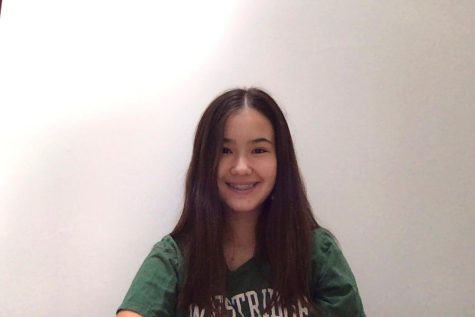
Julia is a freshman staff writer, and she joined Spyglass to strengthen her writing and conversational skills. In her free time, Julia likes to read and...




























![Dr. Zanita Kelly, Director of Lower and Middle School, pictured above, and the rest of Westridge Administration were instrumental to providing Westridge faculty and staff the support they needed after the Eaton fire. "[Teachers] are part of the community," said Dr. Kelly. "Just like our families and students."](https://westridgespyglass.org/wp-content/uploads/2025/03/dr.-kellyyy-1-e1748143600809.png)






















